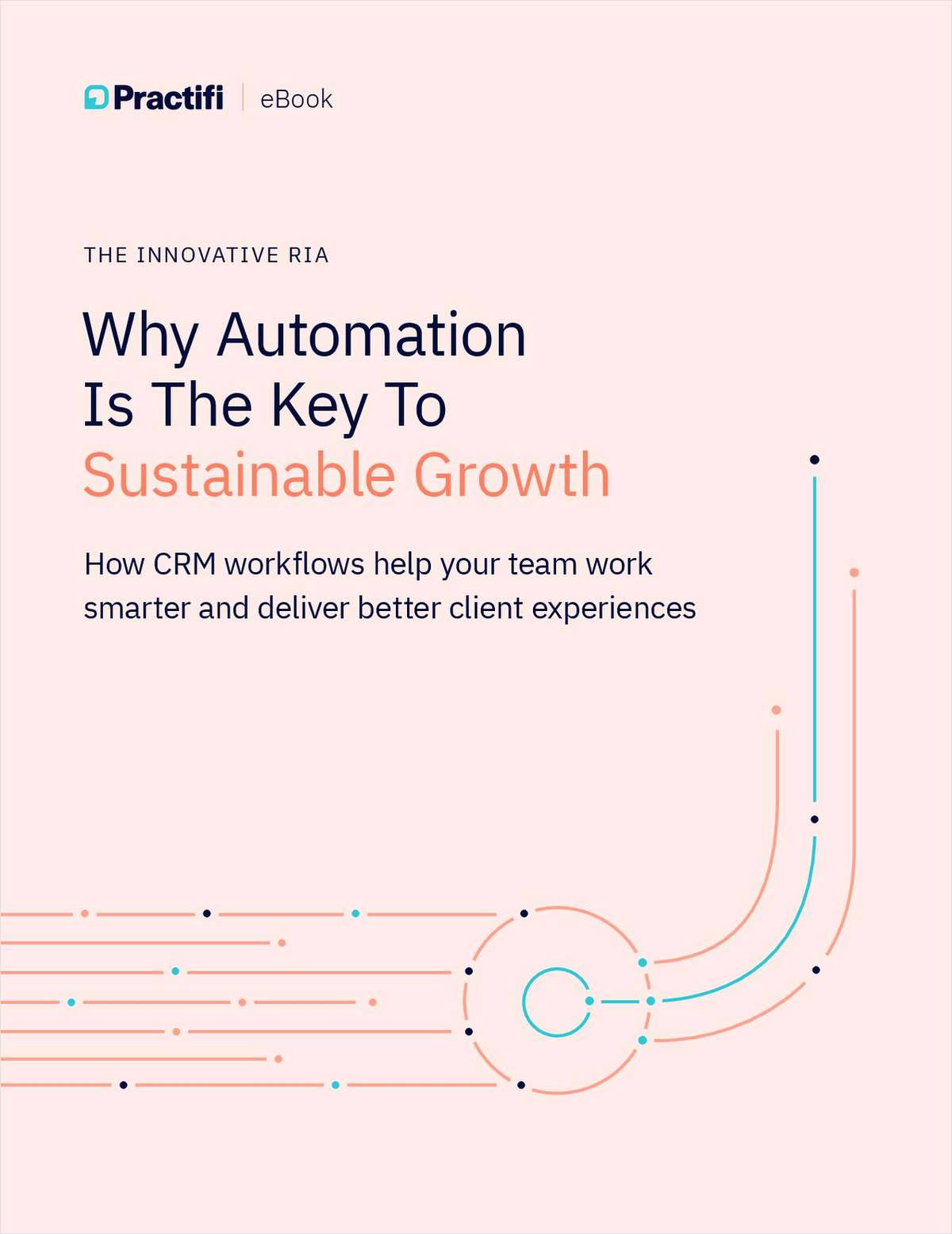Home-Schooled Children Don't Escape Regulation
It is unfortunate that before the Connecticut Law Tribune's editorial board published the article "It's Time To Regulate Home Schooling" the board did not reach out to those who know the most and have the facts about home schooling. Had the board done so, it certainly would have been more informed, and the article published would have reflected more accurately existing history, law and custom.
June 08, 2017 at 05:50 PM
8 minute read
It is unfortunate that before the Connecticut Law Tribune's editorial board published the article “It's Time To Regulate Home Schooling” [ctlawtribune.com] the board did not reach out to those who know the most and have the facts about home schooling. Had the board done so, it certainly would have been more informed, and the article published would have reflected more accurately existing history, law and custom.
First, it is important to note that the term “home schooling” is simply a nickname coined in the 1980s to describe a statutory right and duty that parents have had since the inception of the colonies, and as recorded initially in Ludlow's Code of 1650. That is, parents have the statutory duty under Connecticut General Statute §10-184 to instruct their own children, or cause them to be instructed, in certain subjects. That is the first sentence of that statute, and it is what is known as the state's “compulsory education law,” i.e.: all children must be educated in those subjects — by whom? — by their parents. This is not a choice. This is a statutory obligation.
Parents do have a choice if they do not abide by that statutory mandate to instruct their own children. The second sentence of the statute specifies that if parents have children between certain ages, they must send them to a public school, unless they are able to show that the child is receiving equivalent instruction elsewhere. That second sentence is what is known as the state's “compulsory attendance” law. That section, however, is not applicable if parents already are undertaking their mandatory obligation under the first sentence of the statute to instruct their own child. If parents are undertaking their obligation to instruct their child, attendance at a public school simply does not apply.
This content has been archived. It is available through our partners, LexisNexis® and Bloomberg Law.
To view this content, please continue to their sites.
Not a Lexis Subscriber?
Subscribe Now
Not a Bloomberg Law Subscriber?
Subscribe Now
NOT FOR REPRINT
© 2025 ALM Global, LLC, All Rights Reserved. Request academic re-use from www.copyright.com. All other uses, submit a request to [email protected]. For more information visit Asset & Logo Licensing.
You Might Like
View All
From 'Confusing Labyrinth' to Speeding 'Roller Coaster': Uncertainty Reigns in Title IX as Litigators Await Second Trump Admin
6 minute read
Federal Judge Weighs In on School's Discipline for 'Explicitly Copying AI-Generated Text' on Project

Federal Judge Blocks New Hampshire Law Banning Transgender Girls From School Sports
4 minute readTrending Stories
Who Got The Work
Michael G. Bongiorno, Andrew Scott Dulberg and Elizabeth E. Driscoll from Wilmer Cutler Pickering Hale and Dorr have stepped in to represent Symbotic Inc., an A.I.-enabled technology platform that focuses on increasing supply chain efficiency, and other defendants in a pending shareholder derivative lawsuit. The case, filed Oct. 2 in Massachusetts District Court by the Brown Law Firm on behalf of Stephen Austen, accuses certain officers and directors of misleading investors in regard to Symbotic's potential for margin growth by failing to disclose that the company was not equipped to timely deploy its systems or manage expenses through project delays. The case, assigned to U.S. District Judge Nathaniel M. Gorton, is 1:24-cv-12522, Austen v. Cohen et al.
Who Got The Work
Edmund Polubinski and Marie Killmond of Davis Polk & Wardwell have entered appearances for data platform software development company MongoDB and other defendants in a pending shareholder derivative lawsuit. The action, filed Oct. 7 in New York Southern District Court by the Brown Law Firm, accuses the company's directors and/or officers of falsely expressing confidence in the company’s restructuring of its sales incentive plan and downplaying the severity of decreases in its upfront commitments. The case is 1:24-cv-07594, Roy v. Ittycheria et al.
Who Got The Work
Amy O. Bruchs and Kurt F. Ellison of Michael Best & Friedrich have entered appearances for Epic Systems Corp. in a pending employment discrimination lawsuit. The suit was filed Sept. 7 in Wisconsin Western District Court by Levine Eisberner LLC and Siri & Glimstad on behalf of a project manager who claims that he was wrongfully terminated after applying for a religious exemption to the defendant's COVID-19 vaccine mandate. The case, assigned to U.S. Magistrate Judge Anita Marie Boor, is 3:24-cv-00630, Secker, Nathan v. Epic Systems Corporation.
Who Got The Work
David X. Sullivan, Thomas J. Finn and Gregory A. Hall from McCarter & English have entered appearances for Sunrun Installation Services in a pending civil rights lawsuit. The complaint was filed Sept. 4 in Connecticut District Court by attorney Robert M. Berke on behalf of former employee George Edward Steins, who was arrested and charged with employing an unregistered home improvement salesperson. The complaint alleges that had Sunrun informed the Connecticut Department of Consumer Protection that the plaintiff's employment had ended in 2017 and that he no longer held Sunrun's home improvement contractor license, he would not have been hit with charges, which were dismissed in May 2024. The case, assigned to U.S. District Judge Jeffrey A. Meyer, is 3:24-cv-01423, Steins v. Sunrun, Inc. et al.
Who Got The Work
Greenberg Traurig shareholder Joshua L. Raskin has entered an appearance for boohoo.com UK Ltd. in a pending patent infringement lawsuit. The suit, filed Sept. 3 in Texas Eastern District Court by Rozier Hardt McDonough on behalf of Alto Dynamics, asserts five patents related to an online shopping platform. The case, assigned to U.S. District Judge Rodney Gilstrap, is 2:24-cv-00719, Alto Dynamics, LLC v. boohoo.com UK Limited.
Featured Firms
Law Offices of Gary Martin Hays & Associates, P.C.
(470) 294-1674
Law Offices of Mark E. Salomone
(857) 444-6468
Smith & Hassler
(713) 739-1250











